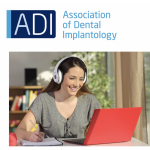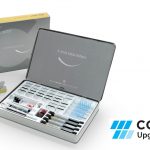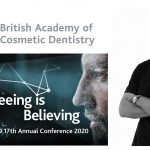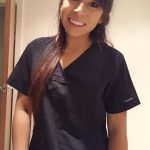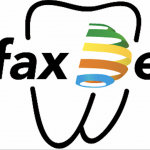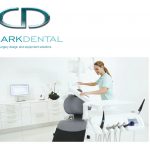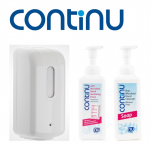The importance of continued learning doesn’t need to be emphasised to modern dental professionals. Continuous learning is not only a CPD requirement, but it is also the cornerstone of many individuals’ passion for skill and career development. There are many ways to obtain new information and build on one’s existing knowledge base. The advantages of face-to-face learning cannot be ignored, but online platforms often complement these events perfectly and afford many benefits in their own right.
Any time, any place
The most obvious of these is that most online educational platforms can be accessed at any time of day or night, and from any location with an internet connection. This makes learning much easier for the busy dental professional, who can more easily read a course module or review a new research paper at times that best suit them. It might be a last-minute appointment cancellation, travel time commuting to the practice or an afternoon spent at home. Online learning makes it simpler for professionals to fit in their development around their work and home life.
This convenience is of further benefit when it comes to improving cost and time efficiencies. For example, many courses supplement physical hands-on days with online resources and modules. This makes such courses more viable for professionals looking for part-time or blending learning opportunities. Delegates therefore save some money on travelling to and from courses by only doing so for practical elements. In the current climate of restricted travel and gatherings, this is particularly advantageous – there’s no need for your CPD to suffer!
Communication
Communication is streamlined with the many applications and online services available in the modern world. In some cases, it is enhanced with the possibility of contacting individuals in different countries and in different time zones. Instant messaging enables professionals to seek information and advice from world-leaders in their respective fields, in real-time. There is no lag in responses and with the advent of digital imaging and the like, clinicians can even request case-specific guidance with little hassle.
In addition, resources can be easily shared between huge groups of people, encouraging the development of the profession as a whole. Whether you choose to join online groups and forums, or you have access to a portal designed specifically for your training course, you can engage with peers, instructors and mentors at the click of a button.
Supporting reflection and review
Another benefit of online resources is that they facilitate comprehensive review of the available literature. Documents can often be found and stored for later viewing, allowing individuals to return to studies and papers whenever they need to. With your own learning materials and cases logged in the same portal, it is also easier to track your progress and to reflect on the topics studied. This supports the learning experience and allows individuals to revisit any subjects as necessary to improve their understanding and confidence.
Finding a trusted source
Seeking online learning from reputable sources you trust to deliver up-to-date and evidence-based teaching is key to success. For any dentists and team members interested in or already working within dental implantology, the Association of Dental Implantology (ADI) offers and supports a myriad of educational opportunities.
Aside from various events and meetings to attend, the ADI also provides a selection of online learning for members to utilise. Not least of these is premium membership to Dentinal Tubules for all Clinician and First Five Years ADI members. This provides access to more than 1,000 hours of educational videos and materials, complementing CPD and enabling professionals to advance their knowledge in a wide range of topics.
In addition, the new ADI website has recently been launched, designed to make it even easier for professionals to locate relevant education, news and updates from the association. On here, you will find a selection of webinars, filmed from some of the popular ADI Study Clubs held throughout the year. Gain CPD, progress your knowledge and meet plenty of like-minded clinicians and team members who share your passion for clinical excellence and career development. The ADI Members’ Forum on Facebook complements all this perfectly, offering a convenient online platform for members to communicate and share best practices or advice with colleagues.
Drive your career forward
No matter what level you have reached in your career so far, pushing forward with skill development is crucial for your continued advancement. Not only will this introduce more variety into your day-to-day life, but it will also bring added job satisfaction as you achieve ever-better treatment outcomes for a wider range of patients. As such, online learning is a great way to expand your horizons.
For more information or to join the ADI, please visit www.adi.org.uk
ADI members receive significant discounts on ADI education, join today!



